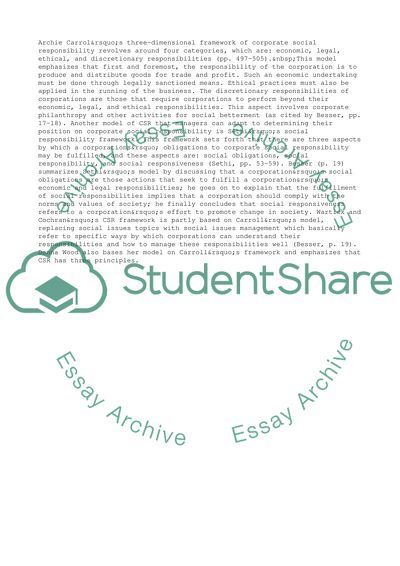Cite this document
(PepsiCo Corporate Social Responsibility Coursework Example | Topics and Well Written Essays - 1500 words - 2, n.d.)
PepsiCo Corporate Social Responsibility Coursework Example | Topics and Well Written Essays - 1500 words - 2. https://studentshare.org/management/1720728-corporate-social-responsibility
PepsiCo Corporate Social Responsibility Coursework Example | Topics and Well Written Essays - 1500 words - 2. https://studentshare.org/management/1720728-corporate-social-responsibility
(PepsiCo Corporate Social Responsibility Coursework Example | Topics and Well Written Essays - 1500 Words - 2)
PepsiCo Corporate Social Responsibility Coursework Example | Topics and Well Written Essays - 1500 Words - 2. https://studentshare.org/management/1720728-corporate-social-responsibility.
PepsiCo Corporate Social Responsibility Coursework Example | Topics and Well Written Essays - 1500 Words - 2. https://studentshare.org/management/1720728-corporate-social-responsibility.
“PepsiCo Corporate Social Responsibility Coursework Example | Topics and Well Written Essays - 1500 Words - 2”. https://studentshare.org/management/1720728-corporate-social-responsibility.


